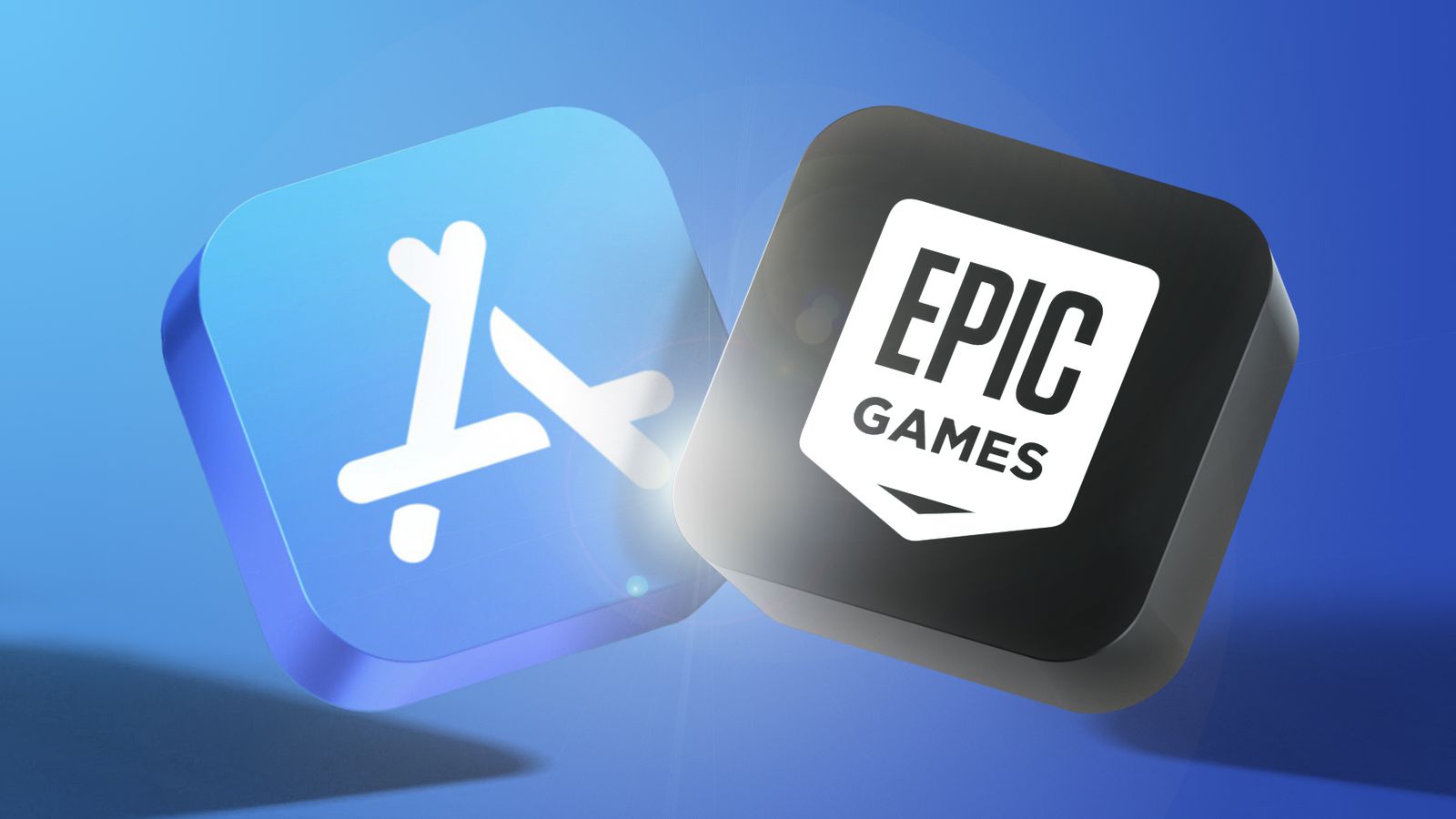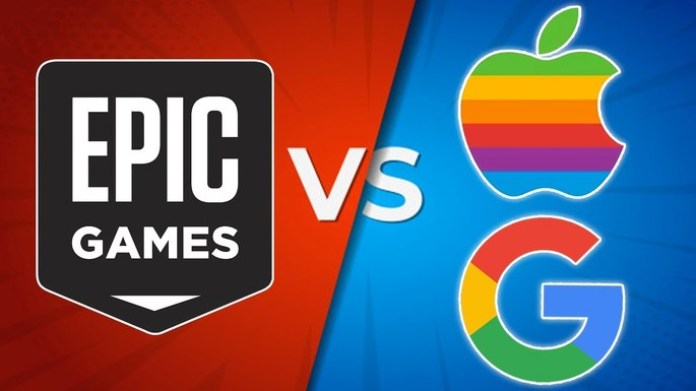Google sues Epic Games, alleging that the game developer breached its agreement when it implemented a new payment system to circumvent the Play Store’s payment systems and in-app purchase fees.
Epic is accused of violating the terms of a contract that permitted Fortnite to reside in the Play Store by submitting a version of the app with an unapproved payment method for in-app purchases.
Google vs Epic: Google sues Epic
Google alleges that millions of Android users who downloaded the Fortnite app through the Play Store are still able to access Epic’s external payment system, despite the game being pulled from the store.
According to Google, this has allowed Epic to evade its contractually agreed service fee to Google for those purchases.
“Epic has alternatively been unjustly enriched at Google’s expense,” Google wrote in the complaint… Consumers and developers don’t have to use Google Play, they choose to use it when given a choice among Android app stores and distribution channels. Google supports that choice through Android itself, Google Play’s policies, and Google’s agreements with developers and device manufacturers.”
Google stated that it does not have a problem with Epic providing an Android version of the Fortnite game with a non-Google Play payment system to users outside of the Play Store as long as it is done outside of the Store. According to Google, this meant that Android app developers do not have to use the Play Store in order to distribute apps to customers, unlike Apple.

Google is demanding compensation for the amount it has lost as a result of users using an Epic external payment system through a Play Store-downloaded app.
The Epic-Google lawsuit has thus far produced correspondence proving that Google attempted to acquire Epic as a game developer was seen as an app store danger, according to court documents.
According to an Epic-submitted paper, Google was concerned about the company’s plan to sidestep Google’s official Play Store commission by distributing Fortnite via different channels.
A significant lawsuit alleges that Google attempted to purchase a minority stake in Epic from Tencent, which owns a minor piece of the firm. The document said Google allegedly considered teaming up with Tencent to fully acquire Epic.
The countersuit follows more than a year since Epic filed the originating lawsuit, which charged Google with anti-competitive and monopolistic behavior. The accusations arose after Google removed Fortnite from the Play Store.
Epic vs Apple
Parallel to the Epic-Google lawsuit, Epic is in a similar legal fight with Apple. The Epic-Apple lawsuit, on the other hand, has proceeded further because of a varied court judgment last month.
The mixed court decision sided with Apple, which was not deemed an antitrust monopolist and therefore had a legal right to remove Epic’s applications from the App Store. The presiding judge Yvonne Gonzales Rogers also ordered Epic to pay millions of dollars to Apple for the revenue it collected through its external payment system from users who downloaded the Fortnite app via the App Store.

On the other hand, the judge Yvonne Gonzales Rogers ruled that Apple had engaged in anticompetitive behavior under California’s anti-competitive laws, resulting in a permanent injunction blocking Apple’s App Store rule that prevents developers from including payment websites as links within their apps.
Since the decision, on the other hand, both Apple and Epic have appealed it; while Apple has asked for the injunction to be maintained until all litigation is concluded, Epic has requested that Roger’s narrower ruling be reversed.
Epic’s applications are still banned from the App Store and Play Store, despite the fact that both lawsuits are ongoing.





